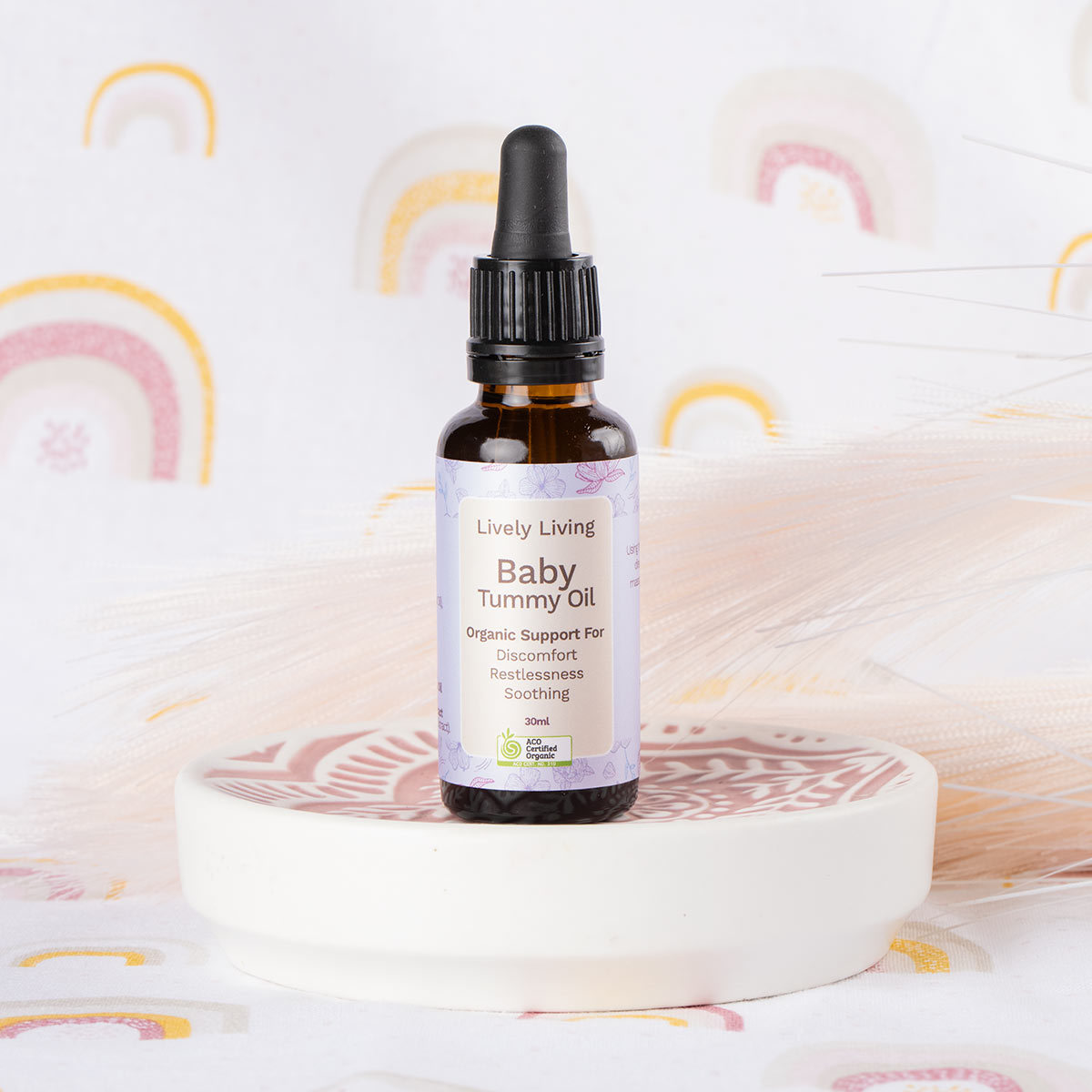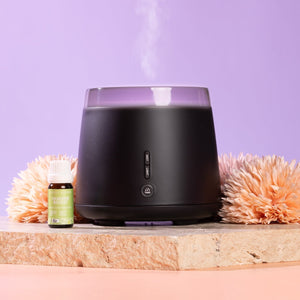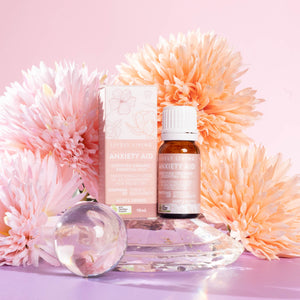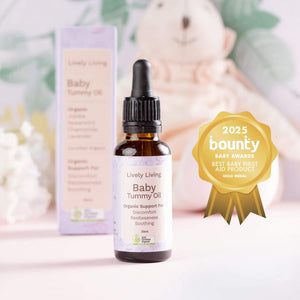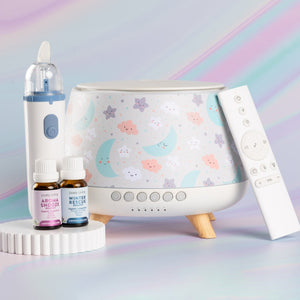Unlocking the Benefits of Spearmint Essential Oil: From Digestion to Relaxation
Spearmint essential oil, with its refreshing, invigorating aroma, offers many potential benefits. From soothing digestive discomfort to potentially alleviating stress, spearmint essential oil benefits various aspects of well-being. While often recognized for its use in breath mints, spearmint essential oil boasts a wide array of applications beyond just oral hygiene. This makes it a versatile addition to your aromatherapy collection. Let’s explore the benefits of spearmint essential oil, its traditional uses, and scientific studies highlighting its potential.
Table Of Contents:
- Digestive Harmony: How Spearmint Oil Can Soothe Your Stomach
- Beyond Fresh Breath: The Surprising Benefits of Spearmint Oil
- A Word of Caution: Using Spearmint Oil Safely
- FAQs About Benefits of Spearmint Essential Oil
- Conclusion
Digestive Harmony: How Spearmint Oil Can Soothe Your Stomach
Feeling those all-too-familiar pangs of indigestion? Spearmint oil, long hailed as a digestive aid, may offer a sense of relief. Its calming properties could be attributed to the compound (-)-carvone, naturally found in spearmint. Research suggests (-)-carvone can potentially help quiet muscle spasms in the digestive tract (1). This makes spearmint particularly helpful for issues like gas, bloating, and irritable bowel.
Think of those moments when nausea threatens to take over. The soothing aroma of spearmint essential oil may provide comfort. One study found that spearmint oil, when applied to the skin, led to a noticeable reduction in feelings of nausea and vomiting, outperforming a placebo (3).
Spearmint Oil and IBS: What the Science Says
Irritable bowel syndrome (IBS) affects many individuals, causing discomfort and disrupting daily life. Now, imagine incorporating spearmint oil as a complementary approach to managing those pesky IBS symptoms. An eight-week study explored the impact of spearmint on IBS and involved 32 participants.
One group received a blend containing spearmint, lemon balm, and coriander in addition to their standard IBS medications (2). The results? Those who took the spearmint blend reported a decrease in bloating and abdominal pain. This is just one example of how the rosmarinic acid in spearmint can provide relief.
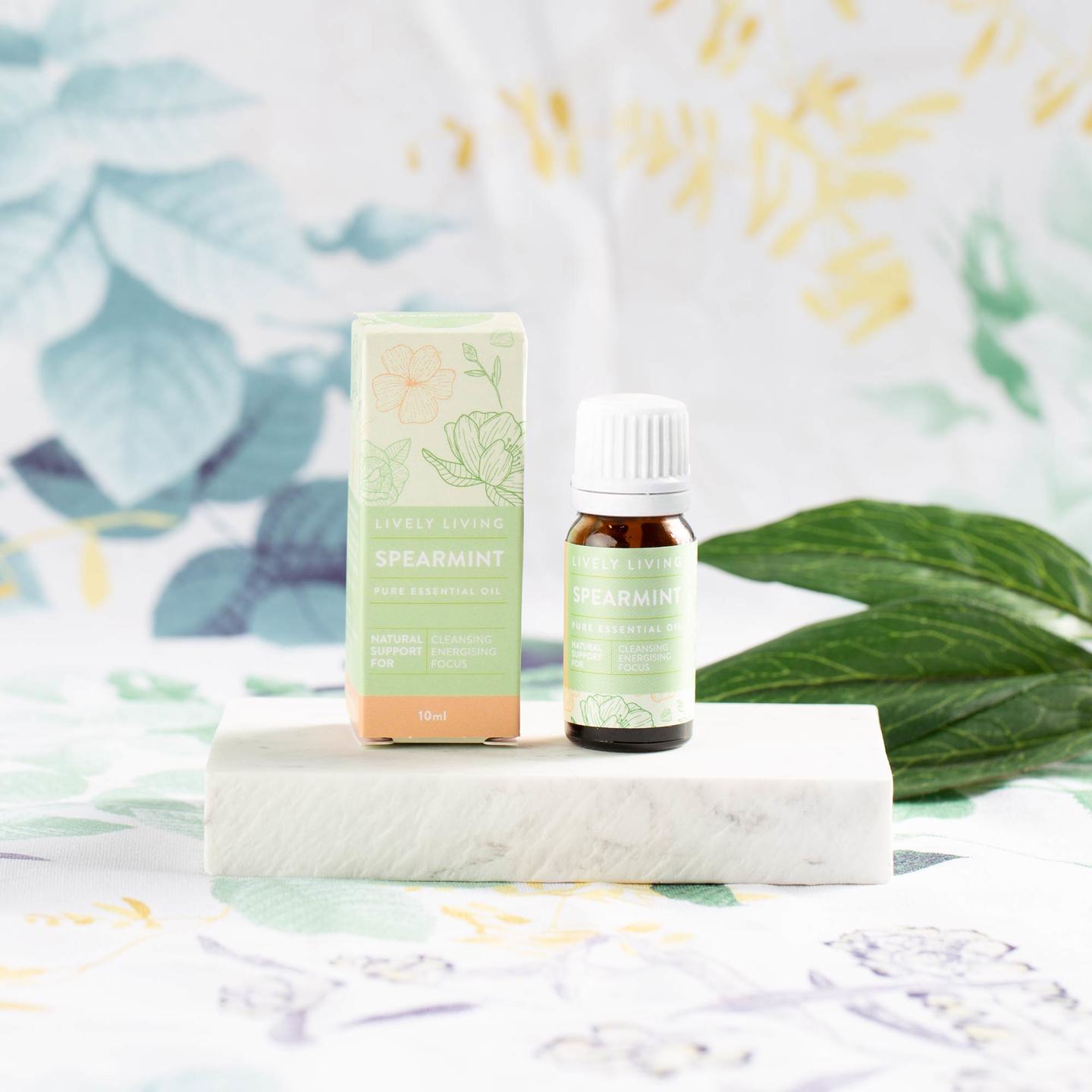
Beyond Fresh Breath: The Surprising Benefits of Spearmint Oil
While spearmint is widely recognized for its refreshing taste and scent, it offers much more. Let’s delve into other intriguing benefits of spearmint essential oil:
A Potential Ally for Hormonal Balance
For women experiencing hormonal fluctuations, drinking spearmint tea could potentially provide support. Research indicates that spearmint tea may lead to a decrease in testosterone while increasing specific female hormones essential for ovulation. This includes luteinizing hormone (LH), follicle-stimulating hormone (FSH), and estradiol (9).
| Study | Participants | Findings |
|---|---|---|
| 5-Day Study (9) | 21 women with hormone imbalances | Two cups of spearmint tea daily led to lower testosterone and higher LH, FSH, and estradiol levels. |
| 30-Day Study (10) | 42 women with polycystic ovary syndrome (PCOS) | Those who consumed two cups of spearmint tea daily showed decreased testosterone and elevated LH and FSH levels. |
The influence of spearmint essential oil on hormonal balance was further investigated in an animal study involving rats (11). Remarkably, the oil potentially lowers testosterone and reduces ovarian cysts. Additionally, it seemed to increase the number of healthy eggs in the rats’ ovaries. This highlights promising avenues for future research on using spearmint oil to support female reproductive health.
Unwanted Hair Growth: Can Spearmint Help?
Excess facial hair can be a source of distress for some women. Did you know that spearmint is a popular traditional remedy for this in the Middle East (12)? The connection between spearmint oil and hair growth lies in its potential to impact hormone levels.
High levels of male hormones, known as androgens, are associated with increased facial hair in women (9). Drinking spearmint tea could potentially help regulate these hormones. A couple of studies back this up, suggesting that spearmint tea might help decrease facial hair growth.
Memory Enhancement and Cognitive Function: Could Spearmint Oil Boost Brainpower?
Curious about spearmint oil’s cognitive health benefits? Preliminary research suggests promising avenues to explore, particularly regarding memory.
In one study, mice treated with a spearmint extract exhibited improvements in learning and memory (13). Another study explored spearmint’s impact on older adults struggling with age-related memory issues (17). Participants received daily doses of 900mg of spearmint extract. Impressively, they witnessed a 15% boost in working memory.
Stress Reduction and Relaxation: Unveiling Spearmint Oil’s Calming Properties
The refreshing, almost minty aroma of spearmint essential oil is not just pleasing to the senses. It might also promote relaxation. Used for generations to relieve stress, improve sleep, and freshen breath in parts of South America, science is catching on.
Studies in rats given spearmint extract showed both anxiety levels decrease and sleep improve (23). How does it work? Experts speculate that compounds like menthol found in spearmint interact with our brain’s GABA receptors (24).
Since GABA plays a crucial role in calming nerve activity, spearmint essential oil might encourage relaxation by influencing this system. The calming effects of spearmint may also help relieve digestive issues. It is no wonder the Lively Living Organic Baby Tummy Oil has been so popular. One amazing ingredient is the Organic Spearmint Oil. This Baby Tummy Oil is helps with bubs stomach issues and more.
Other Uses: Antimicrobial Action, Arthritis Relief and More
Beyond these notable advantages, spearmint essential oil’s benefits stretch even further, showcasing its remarkable versatility:
- Antibacterial Action: Spearmint isn’t just for fresher breath, it could make your mouth healthier, too. Spearmint essential oil shows promising results in battling various harmful bacteria (18, 19). Research even points to its potential in combating bacteria that often cause food poisoning, like E. coli and Listeria (20). Its antimicrobial properties may be useful in treating bacterial infections.
- Arthritis Relief: Arthritis pain got you down? Research is underway exploring how spearmint oil may help, with promising early results (25). For instance, one study looked at the impact of spearmint tea on folks with arthritis of the knee (26). What did they find? Drinking spearmint tea daily led to reduced stiffness and less difficulty with movement.
- Lowering Blood Sugar: Imagine a future where spearmint essential oil is incorporated into diabetes management plans. Early studies, though conducted on rats, have sparked excitement within the scientific community. These studies indicate that spearmint oil may help regulate blood sugar (21, 22). While research on humans is needed, the possibility of incorporating spearmint as a natural aid for blood sugar control in the future is promising.
- Potential for Lowering Blood Pressure: The hunt for natural methods to manage blood pressure is always ongoing, and this is where spearmint oil shows potential, though human trials are needed. One compound in spearmint essential oil, (-)-carvone, seems to function similarly to medications prescribed for hypertension (1). In fact, when tested on animals, (-)-carvone demonstrated remarkable strength, showing itself to be a hundred times more potent than a frequently used blood pressure medication.
Using Spearmint Oil Safely
While spearmint and its derived essential oil are generally safe in amounts commonly used in cooking, it is essential to use pure spearmint essential oil cautiously (27). Always dilute essential oils in a carrier oil like coconut, jojoba, or almond oil before applying to your skin to prevent irritation.
If you’re thinking of ingesting spearmint essential oil, speak to your physician for guidance and appropriate dosages. Remember, natural remedies should complement, not replace, professional medical advice.
FAQs About Benefits of Spearmint Essential Oil
What can spearmint essential oil be used for?
With its minty aroma and versatile properties, spearmint oil shines in several areas. You can use it to promote digestion, potentially ease nausea, encourage relaxation, and freshen your home with its invigorating scent.
What are the healing properties of spearmint?
Spearmint offers a host of potential benefits beyond its refreshing taste. From potentially alleviating digestive troubles and easing stress to promoting relaxation, the healing properties of spearmint continue to be a subject of ongoing scientific exploration. While research on humans is ongoing, early findings offer a compelling glimpse into its diverse properties.
Can I put spearmint oil on my skin?
While generally considered safe for topical use, it is best to use spearmint essential oil with caution on your skin. Always dilute a few drops in a carrier oil such as coconut or almond oil before applying it. This can help minimize the chances of any irritation or sensitivity. Before using it more broadly, do a patch test on a small area of your skin.
What are the spiritual benefits of spearmint oil?
Though not traditionally considered in a spiritual context, the invigorating, uplifting aroma of spearmint oil can be incorporated into mindfulness or meditation practices. It might help create a more focused and centered atmosphere, promoting a sense of calm.
Conclusion
From easing digestive discomfort to encouraging relaxation, spearmint essential oil offers many benefits. Its refreshing aroma is more than just pleasant – it might hold the key to natural remedies and enhance our well-being. As science delves deeper into its potential, we eagerly await new discoveries.










